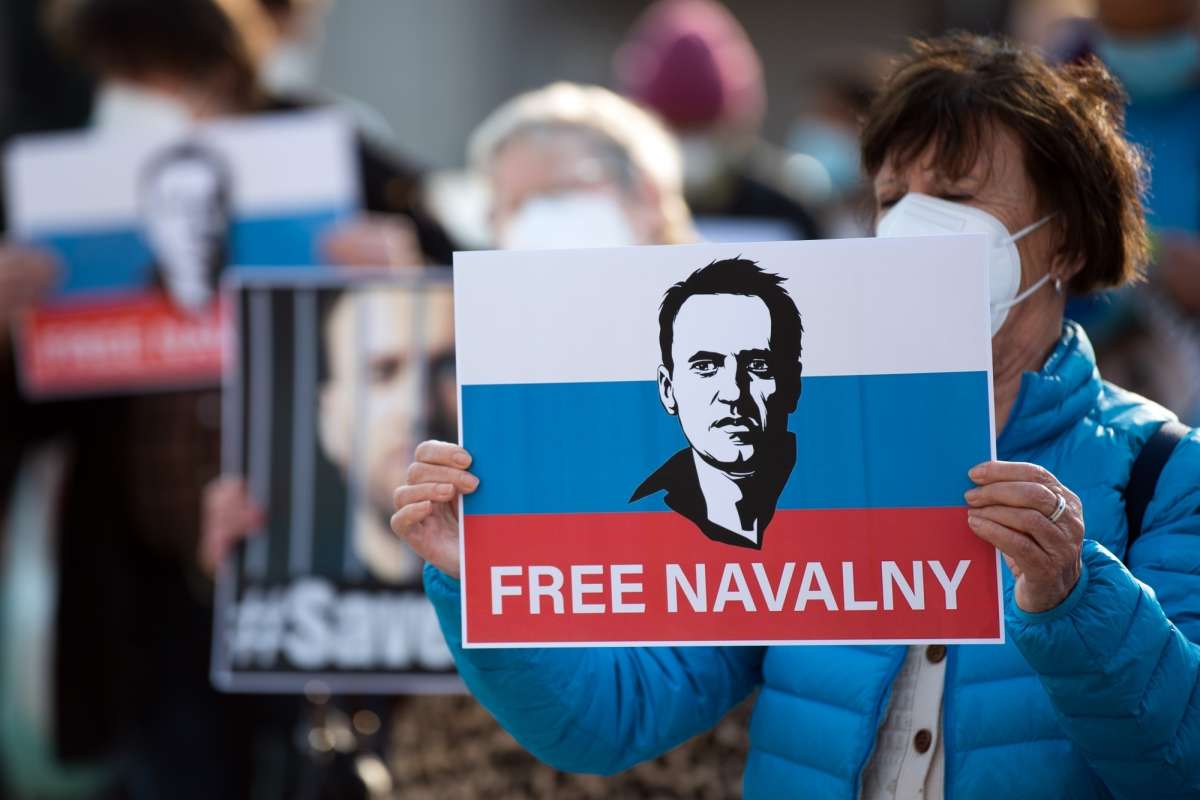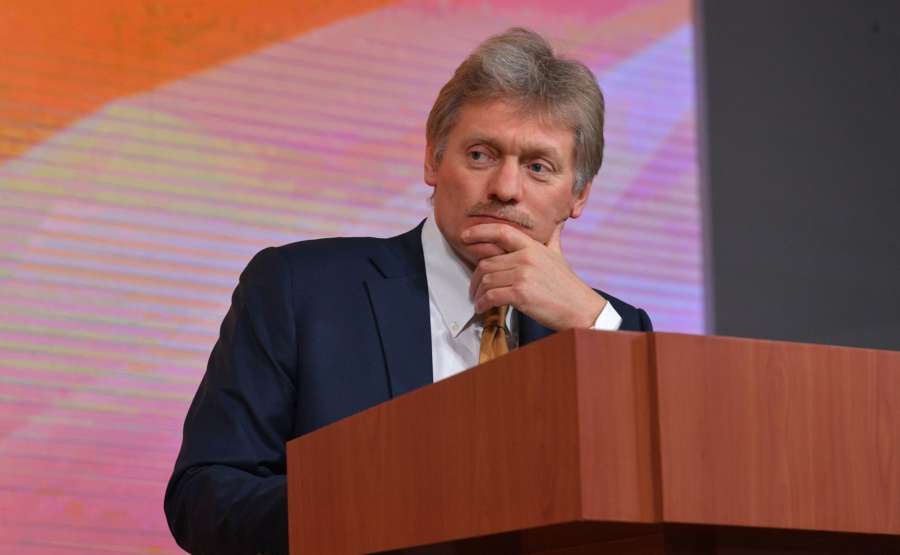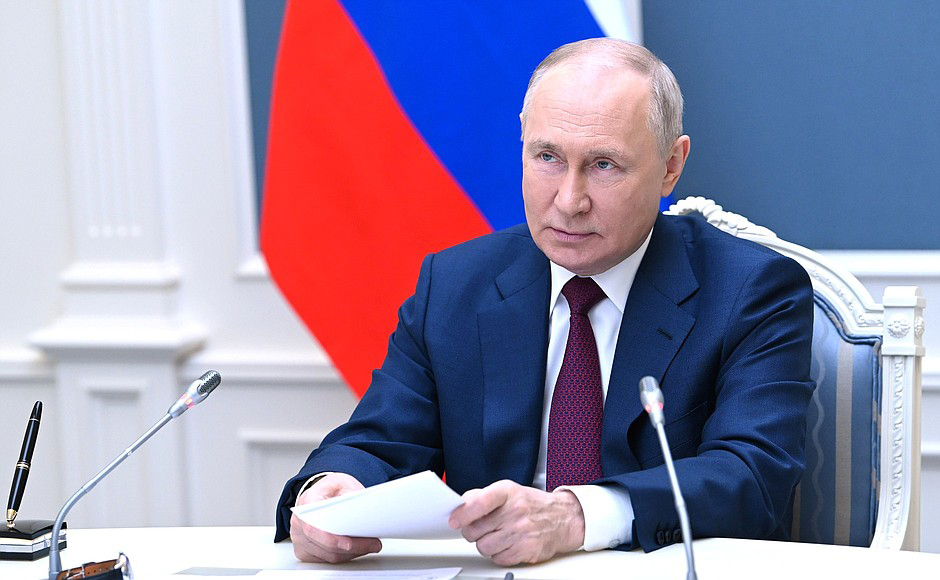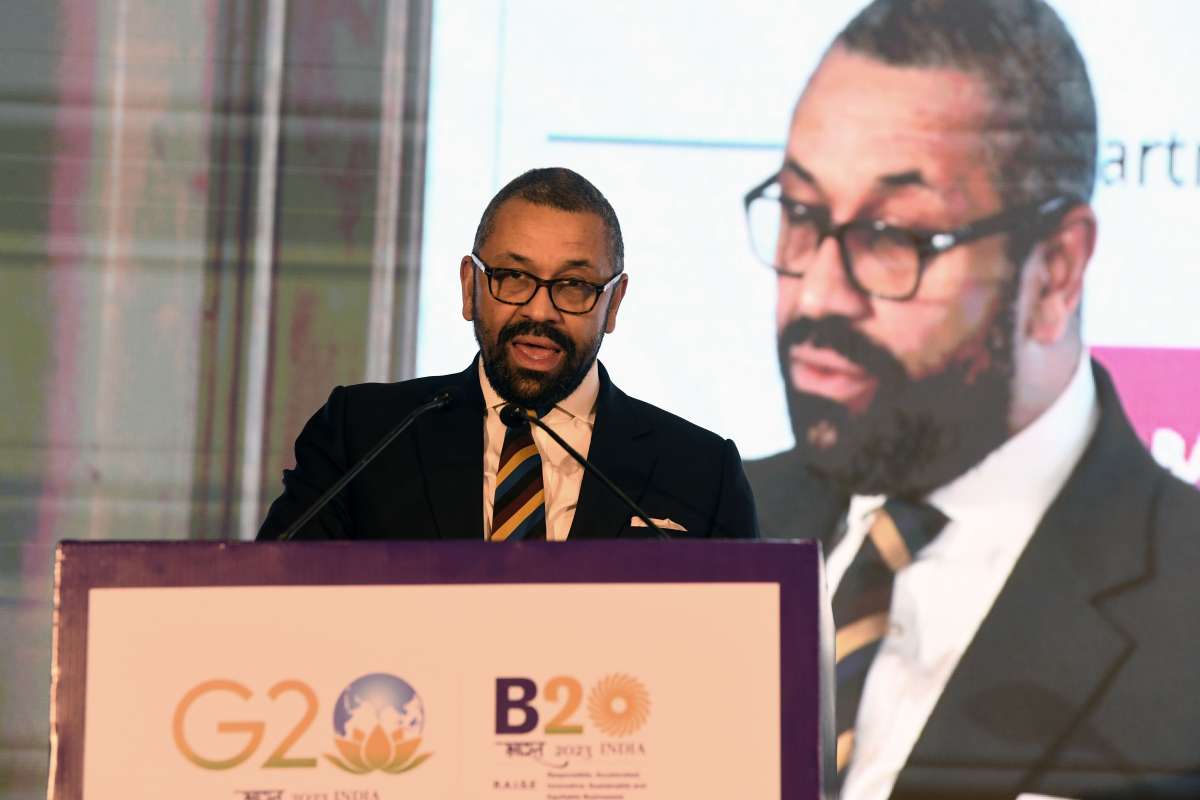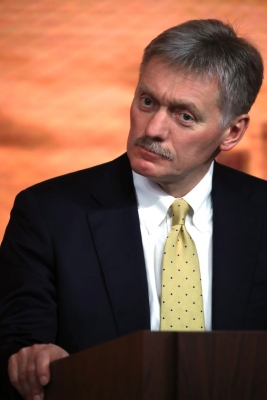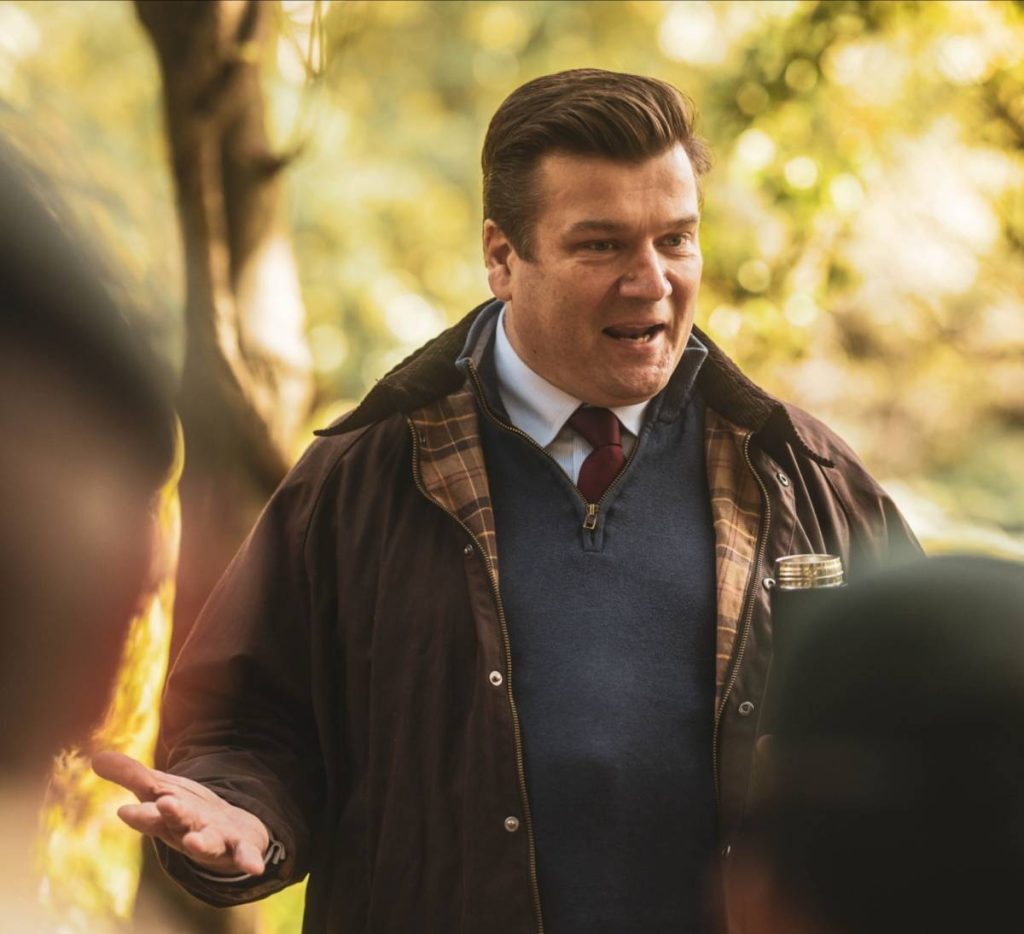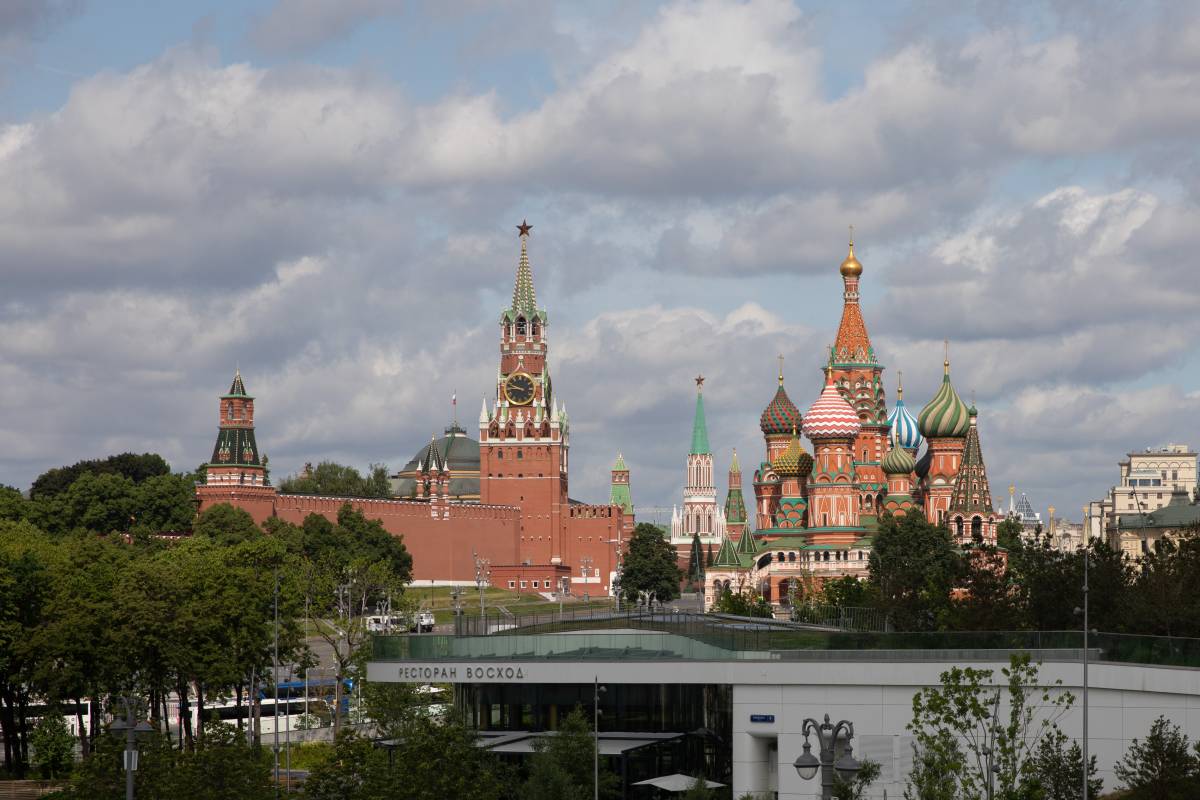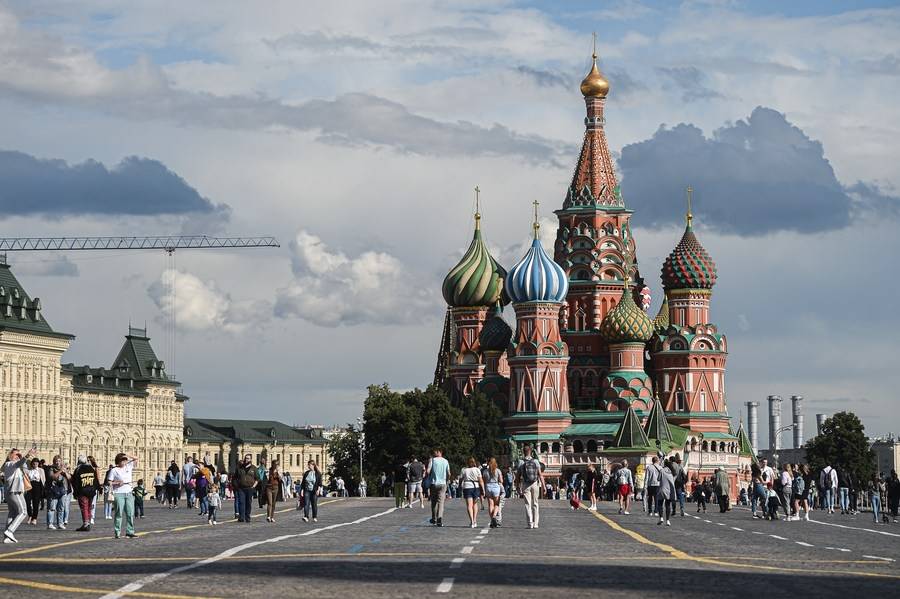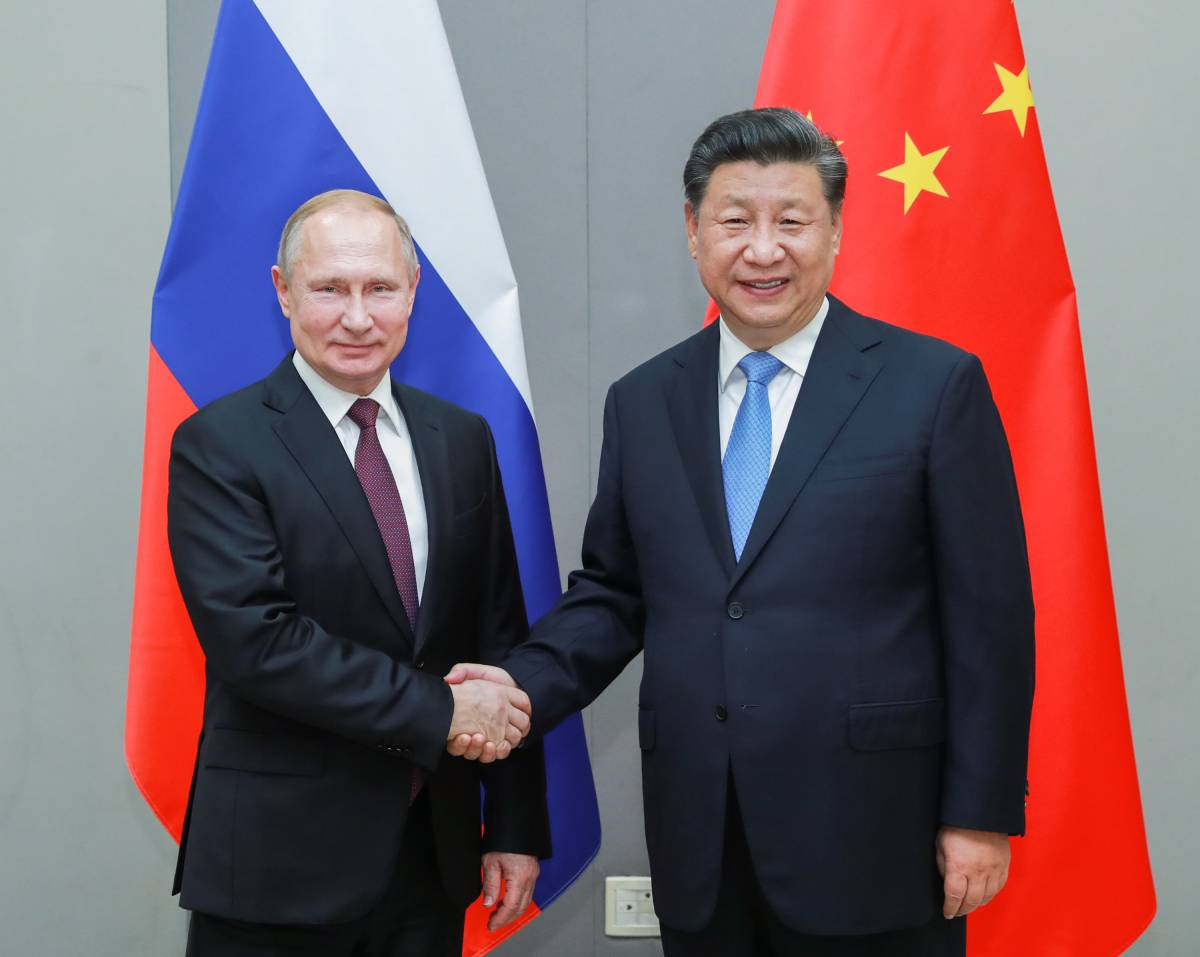Law enforcement has apprehended all four assailants, with suspicions of assistance from five others, as per investigators….reports Asian Lite News
Russian President Vladimir Putin puts up a tough exterior, but he’s deeply disturbed by recent events in the nation, including the deadly terrorist attack on Crocus City Hall, Kremlin Spokesman Dmitry Peskov disclosed to VGTRK, TASS reported.
“The head of state takes these tragedies to heart. And believe me, just because you don’t see tears on his face does not mean that he is not hurt. And I doubt if anyone, including you and me, knows about his inner turmoil,” the Russian presidential spokesman said.
On the fateful evening of March 22, terrorists struck the music venue in Krasnogorsk, Moscow Region, just beyond the city’s borders. The latest figures report 144 fatalities.
Law enforcement has apprehended all four assailants, with suspicions of assistance from five others, as per investigators. The Russian Investigative Committee asserted that the attackers have ties to Ukrainian nationalists.
Furthermore, the Russian Emergencies Ministry’s department in the Moscow Region has updated the count of those injured in the terrorist onslaught on Crocus City Hall to 551.
“At the time of 6:00 a.m. Moscow time on March 30, 2024, the toll from the terrorist attack stood at 695 casualties, with 144 fatalities, including five children,” the ministry disclosed in an official statement.
Health officials informed TASS that the majority of those injured in the attack have been receiving outpatient care.
Last Sunday, Russia declared its first nationwide mourning since 2018.
A solemn minute of silence was observed in memory of the victims of the Crocus City Hall attack before the commencement of a charity concert near the makeshift memorial erected at the scene of the attack.
Candles, arranged to resemble cranes, adorned the stage; many attendees held candles in their hands. During the minute of silence, footage depicting cranes soaring into the sky was projected onto the facade of Crocus City Hall, followed by images of those who lost their lives in the tragedy.
The minute of silence commenced at 19:52 Moscow time, approximately the time when the tragic events unfolded on March 22. Following the poignant tribute, a musical ensemble led by director Valery Gergiyev took the stage. Several survivors also joined the performance, sharing their harrowing experiences of surviving the attack.
Throughout the day, people continued to bring flowers in honour of the victims. Security measures were heightened, with the crowd being divided into multiple streams, and metal detectors were installed to ensure safety, TASS reported. (ANI)
ALSO READ: The Pakistan link to the ISKP Moscow terror attack


